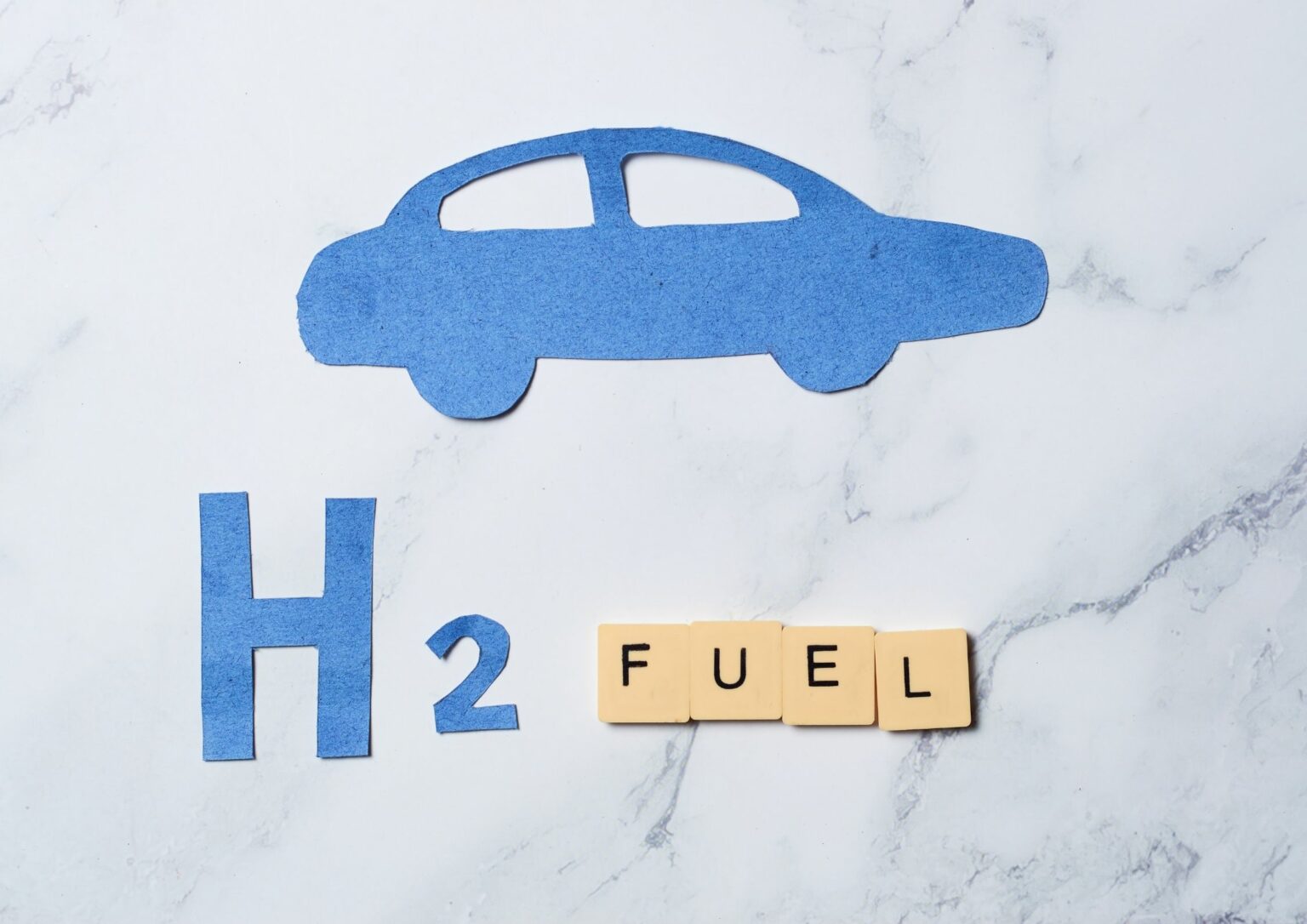The research focuses on the advancements in hydrogen fuel engine design and highlights the characteristics of hybrid engines. It also outlines prospects for future research, specifically looking into the development and improvement of engines that use natural gas and hydrogen.
The study aims to address the impending fuel challenges posed by the depletion of liquid hydrocarbons and the need for sustainable energy solutions to power the transportation sector.
The main objective is to review electrochemical technologies for hydrogen production at gas stations and the functioning of hybrid electric vehicle engines that utilize fuel cell batteries. The study conducts a comparative analysis between the production and use of energy by electrochemical methods and traditional fuel methods in vehicles, providing insights into hydrogen’s potential as a sustainable energy source for the future.
The research methods include analyzing literature data and performing mathematical calculations. The study quantifies the amount of electricity produced in a fuel cell by processing 1 kg of hydrogen for a passenger electric vehicle. It found that hydrogen electric vehicles consume about 1 kg of hydrogen per 100 km, demonstrating hydrogen’s potential to reduce dependence on fossil fuels and decrease carbon emissions in transportation.
The research identifies natural gas as the most promising non-petroleum fuel in the near term, given its abundance and relatively cleaner combustion. Looking ahead, the study suggests that engines powered by hydrogen, along with electric vehicles, could become integral to a sustainable transportation system, especially when traditional fossil fuels are nearly depleted.
The development and enhancement of engines capable of running on alternative fuels present significant challenges. The study emphasizes the importance of detailed modeling and calculations concerning fuel supply, mixture formation, combustion, and emissions. A shift to hybrid and fully electric vehicles using hydrogen fuel cells can provide a radical modernization of transportation.
Hydrogen technologies present an opportunity not only to innovate traditional energy generation methods but also to aid in decarbonizing the energy system. The study connects hydrogen applications in energy policies, which aim to significantly reduce emissions by 2050. Russia is highlighted as having substantial potential in producing environmentally friendly hydrogen.
